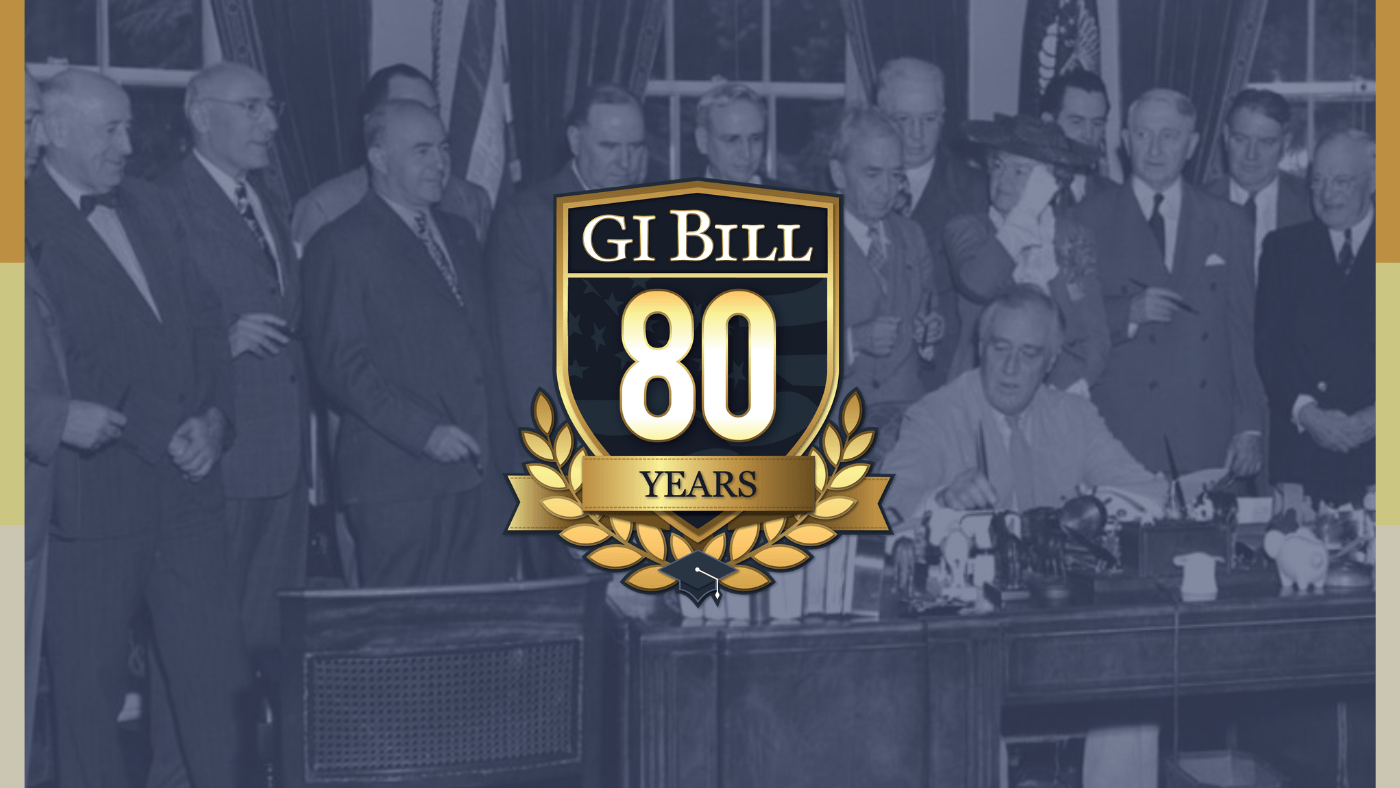Investment fraud comes in many shapes and sizes and unfortunately these fraudsters sometimes target Veterans. The director of the Securities and Exchange Commission’s (SEC) Office of Investor Education and Advocacy, Lori Schock, talked about these topics in a special extended edition of VA News.
In the interview, Schock discussed important first steps that Veterans should take to build wealth over time. She also talked about ways Veterans can minimize risk of investing and signs to look for in case an investment is really a scam.
“Unfortunately, with any demographic where there are like minded, sometimes they are targeted and Veterans are in that group,” said Schock. “If you were to be pulled over by a police officer for going too fast, the first questions you’re going to be asked are, ‘license and registration.’ The same thing is true for investment fraud. The best way to inoculate yourself against investment fraud is to make sure the person you’re turning your money over to is licensed…by going to Investor.Gov and putting in the person’s name.”
Researchers found investment fraudsters hit their targets with an array of persuasion techniques tailored to the victim’s psychological profile.
Red flags
Veterans can protect their investments by watching out for these red flags:
- It sounds too good to be true
- “Guaranteed returns” (they don’t exist)
- The “halo” effect, which makes con artists seem likable or trustworthy
- “Everyone is buying it” pitches
- Pressure to send money right now
- Small favors (free lunch or workshop)
Along with learning the signs of investment fraud, Veterans can research more about building wealth by checking out, Saving and Investing: A Roadmap to Your Financial Security Through Saving and Investing and by taking advantage of all of the free investor education tools and resources at Investor.gov, including their military page.
VA News, and other engaging content, is now available on televisions at select VA medical centers across the country and via simulcast on the Veterans News Network.

Topics in this story
More Stories
For Veterans especially, the risk of identity theft is high, as criminals target reoccurring monthly benefits payments. Bad actors utilize stolen privacy information to exploit VA benefits, health care and pensions.
Army Veteran and storyteller Dustin Elias spoke at the celebration of the G.I. Bill 80th anniversary at the National Press Club in Washington, D.C.
As we celebrate the 80th anniversary of the G.I. Bill, today we look back at VR&E—one of its precursors.







Is there any training available to Veterans for trading Futures and Options in the stock market?
thanks for the information.